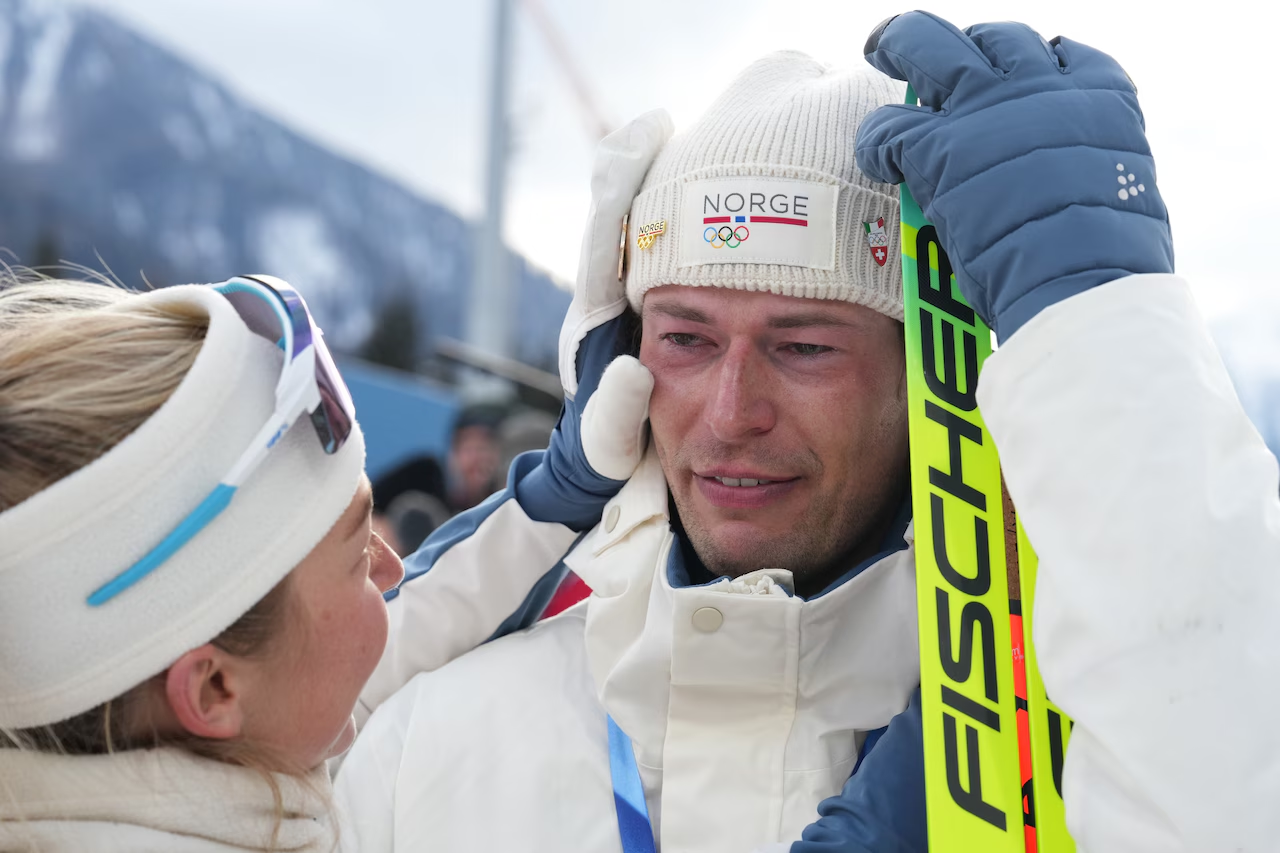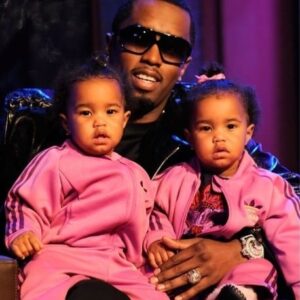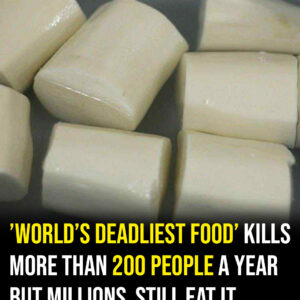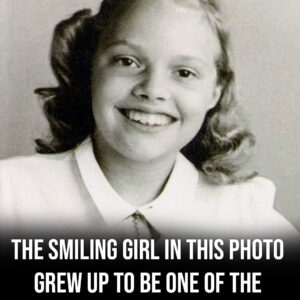The night my 12-year-old son came home from his best friend’s funeral, the silence in our apartment was deafening. Caleb didn’t drop his backpack like usual, didn’t grumble about homework, didn’t ask for a snack. Instead, he walked straight into his room, closed the door quietly, and didn’t come out for hours. When I finally peeked inside, he was sitting on the floor, clutching Louis’s old baseball glove as though it was the only thing tethering him to his best friend. That was the moment I realized grief wasn’t going to be a fleeting wound for him — it was about to shape his entire summer.
Louis and Caleb had been inseparable since kindergarten. They were Mario and Luigi every Halloween, teammates in Little League, co-creators of elaborate Minecraft worlds that looked like NASA blueprints. Louis’s sudden death from cancer tore a hole in my son’s life, one I didn’t know how to fill. Therapy helped a little — enough to bring Caleb back to eating again, enough to quiet the nightmares — but grief is a restless thing. It doesn’t follow rules. Some days Caleb laughed again, and some days the house felt as if joy itself had vanished.
Then one night in June, while I was distracted by unpaid bills at the dinner table, Caleb lifted his head and said, “Mom… Louis deserves a headstone. Not just a plaque in the grass. A real one. And maybe a night where everyone remembers him.” I froze, fork halfway to my mouth, trying not to cry into the casserole. I told him we’d figure it out, but Caleb shook his head. “No. I’ll do it. I’ll save up. I’ve got birthday money, and I can mow lawns. I don’t need anything for summer anyway.”
That fire in his eyes — it wasn’t grief anymore. It was purpose. From that night on, my son turned into a one-kid workforce. While other kids raced bikes to the ice cream shop, Caleb was pushing a rusty lawnmower across Mrs. Doyle’s uneven yard. He walked a hyperactive husky that nearly dislocated his shoulder, washed cars with a cardboard sign and a sponge, raked leaves that hadn’t even finished falling, and tucked every dollar into a battered Skechers shoebox in his closet. Each time he hit a milestone, he’d burst into the kitchen shouting the total, his cheeks flushed with sweat and pride.
By the end of summer, he was closing in on his goal. That shoebox wasn’t just money to him — it was a promise to Louis. But life, cruel as it often is, wasn’t finished testing him.
One September night, as I whisked hot cocoa in the kitchen, I caught the scent of smoke. At first, I thought it was burnt toast. Then the fire alarm shrieked, and I heard Caleb’s voice upstairs. Flames tore through the laundry room and spread like they’d been waiting. We escaped with seconds to spare, barefoot on the lawn, wrapped in a neighbor’s blanket, watching everything we owned turn to ash.
The next morning, when firefighters let us inside, Caleb bolted upstairs. A scream cut through the silence. His shoebox was gone — nothing left but blackened dust. He fell to his knees, sobbing, “I promised him, Mom. I promised Louis.” All I could do was hold him as he shook. Sometimes the world doesn’t care how hard you try. Sometimes it just takes.
Days blurred into one another at my sister’s cramped apartment. Insurance paperwork, school clothes, survival. Caleb walked like a ghost, drained of the spark that had carried him all summer. Then, a week later, a letter appeared in our old mailbox. No stamp, no return address, just neat handwriting: “Meet me at the old house near the market Friday at 7 p.m. Bring Caleb.”
I thought it was a prank, but something about it felt intentional. When we arrived, the abandoned market was glowing with string lights, tables draped in linens, candles flickering. The place was full — neighbors, teachers, Louis’s mom, even classmates. When Caleb walked in, applause erupted. He froze, panicked, and whispered, “Mom, what is this?”
Louis’s uncle stepped onto the stage, voice trembling. “Caleb, I heard how you worked all summer to honor my nephew. Love like that doesn’t burn. It spreads.” He pulled a cloth from a granite headstone engraved with Louis’s name, a baseball etched at the side. Paid in full. Caleb gasped, knees nearly buckling. And then the crowd stepped forward, one by one, placing envelopes into a basket. By the end of the night, the donations totaled more than $12,000. Enough not only for the memorial stone but also to fund the remembrance night Caleb had dreamed of.
The memorial was magical. Hundreds of candles lined the park, photo boards showed Louis’s goofy costumes and muddy uniforms, and stories were shared — stories that made people laugh through their tears. At the cemetery, the new headstone gleamed in the moonlight, etched with the words: “Forever on the field, forever in our hearts.” Caleb stood beside it, one hand on the stone, the other clutching Louis’s glove.
Three months later, another letter arrived. This one bore the Town Council’s seal. They had voted unanimously to match the community’s donations and create The Louis Memorial Youth Baseball Fund, ensuring kids from low-income families could play the game without worrying about costs. All of it happened because Caleb refused to let grief turn into silence.
When I handed him that letter, his eyes widened, and for the first time since Louis died, he smiled a full, unbroken smile. “Mom,” he whispered, “I think Louis would be proud.”
And I knew he was right.





